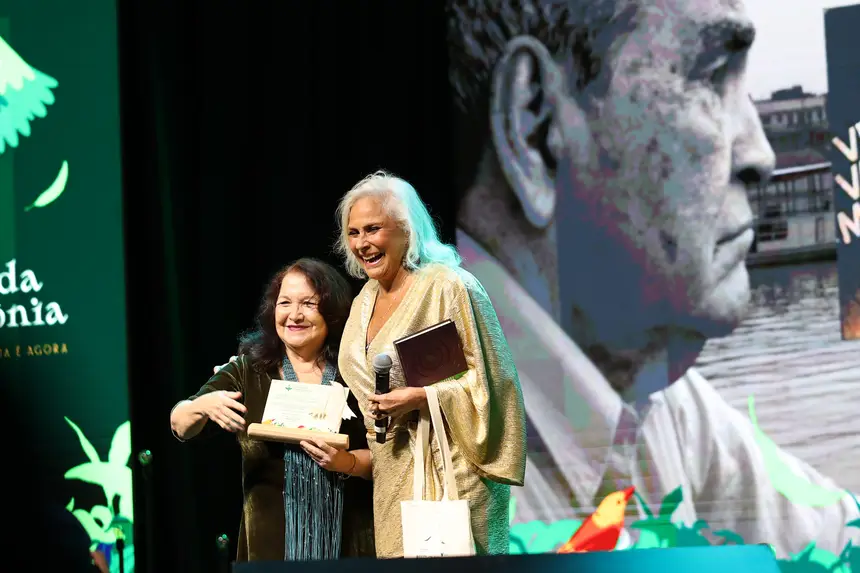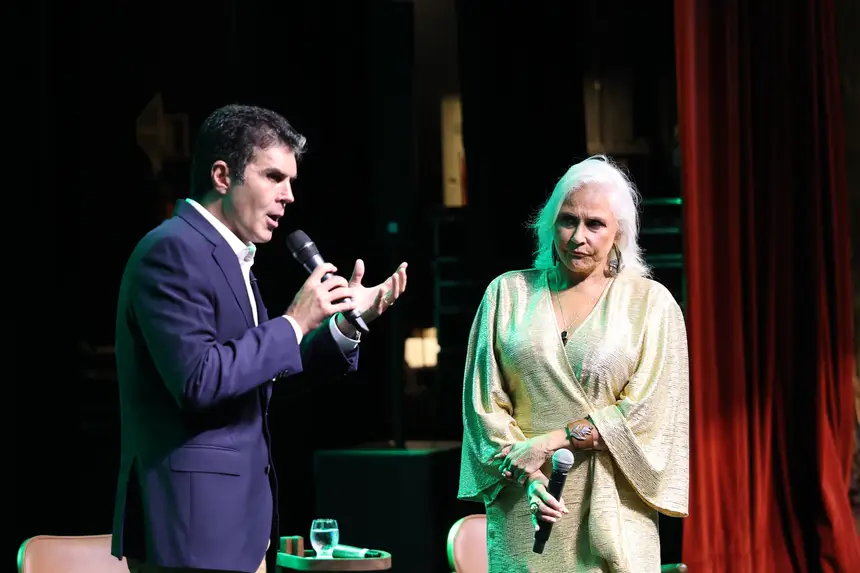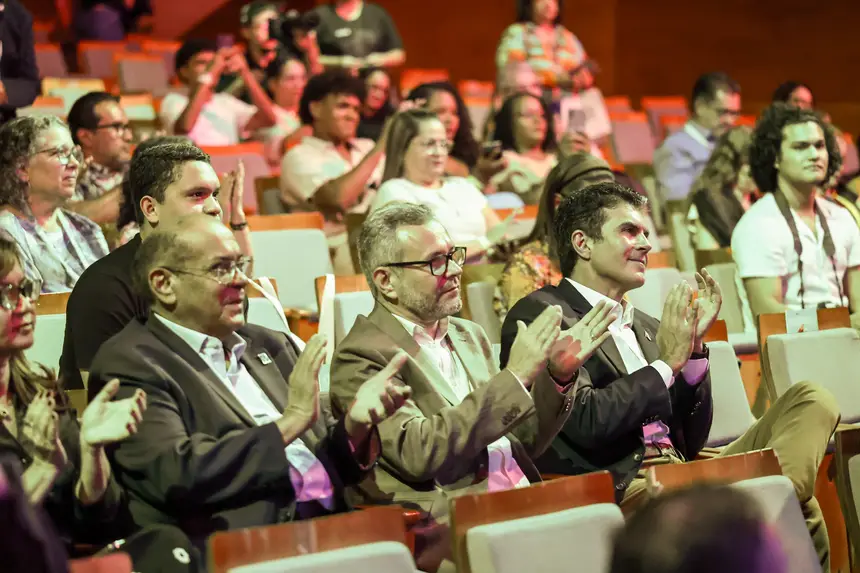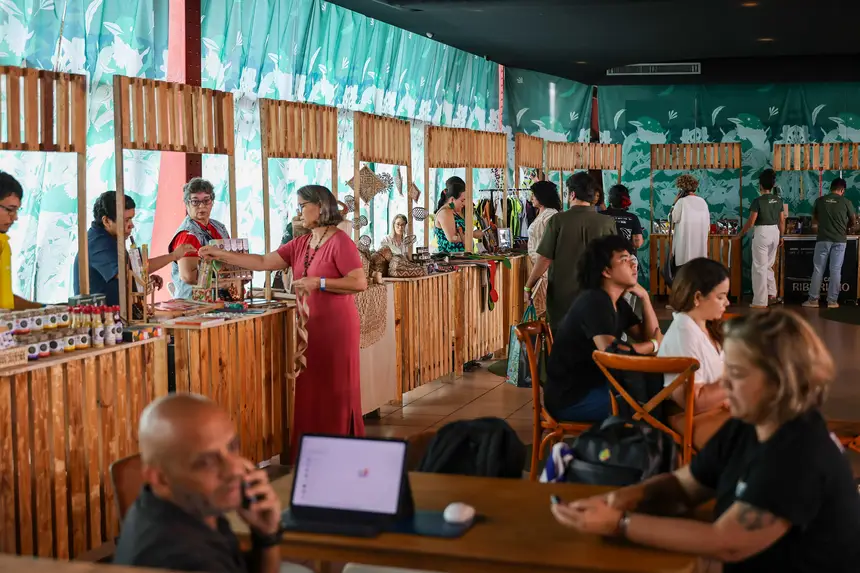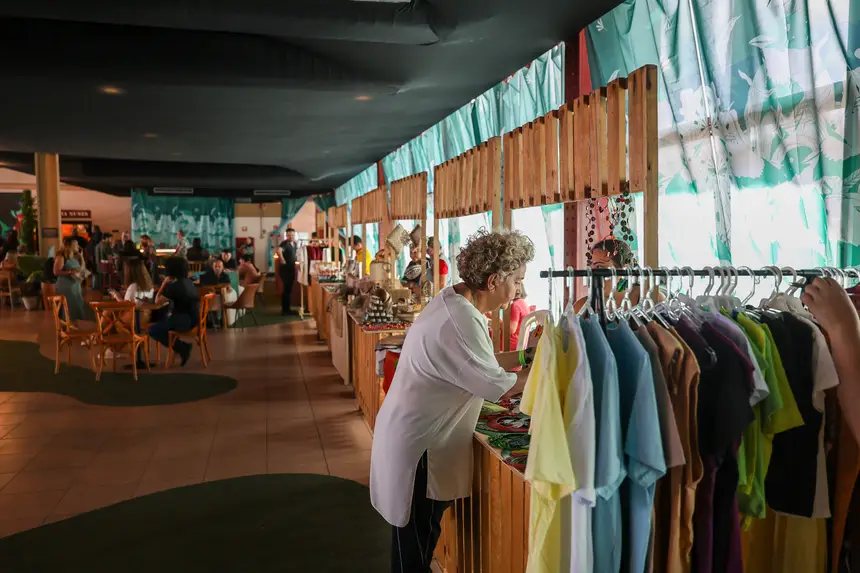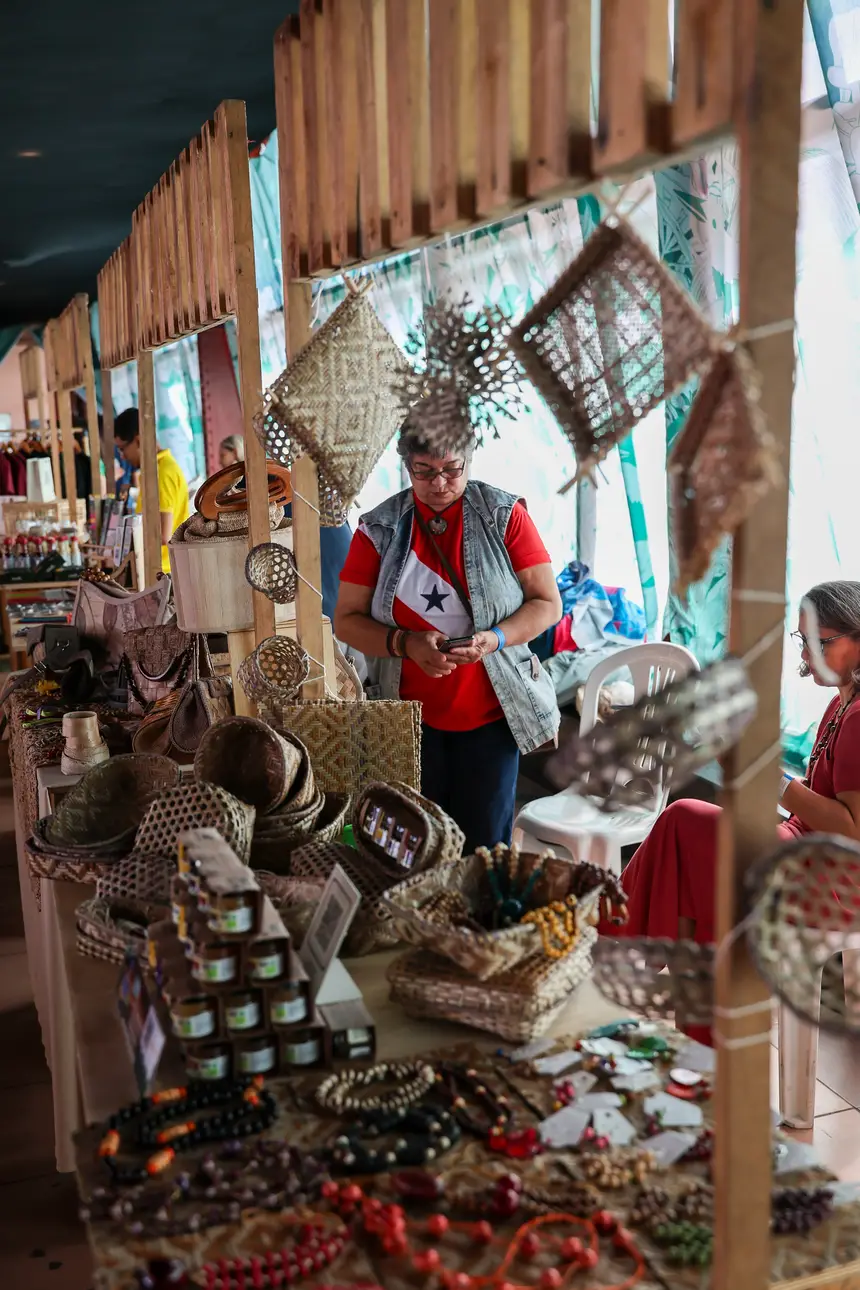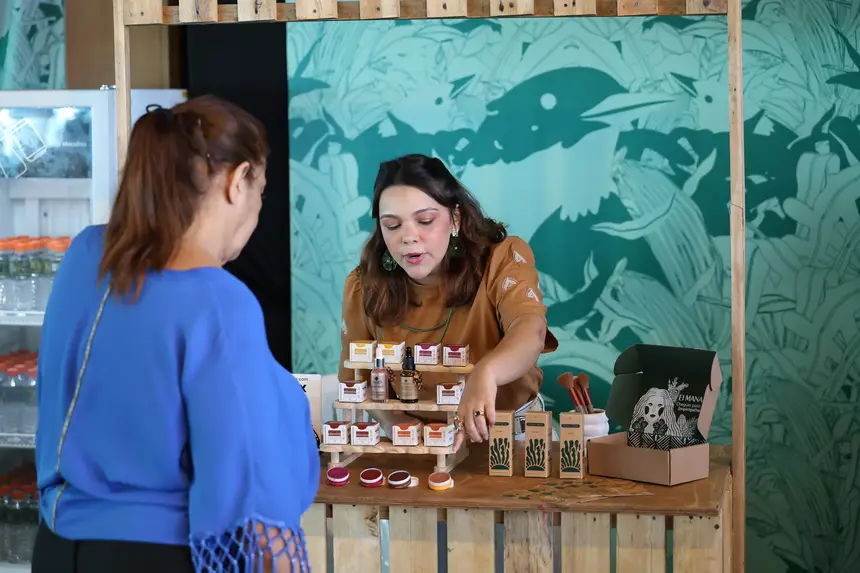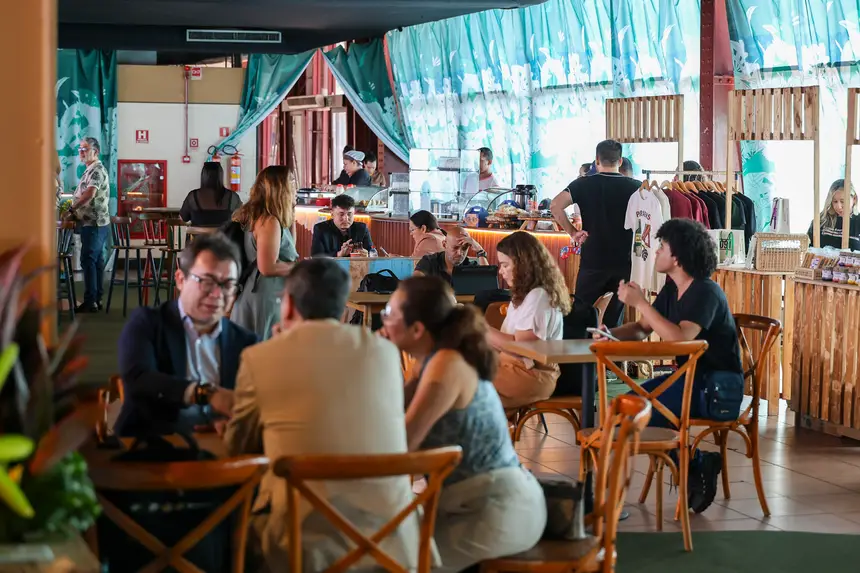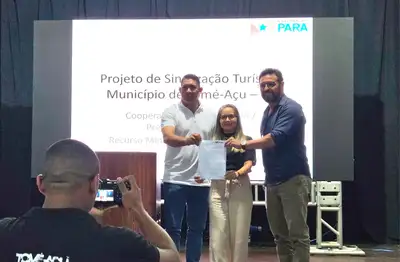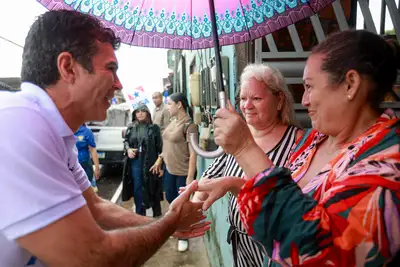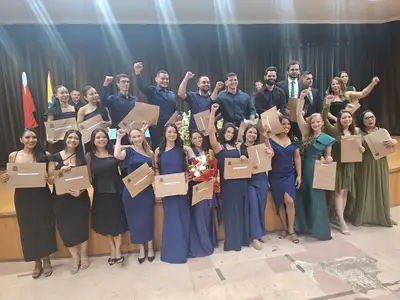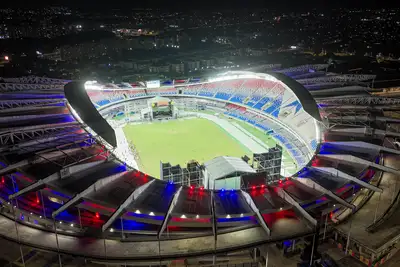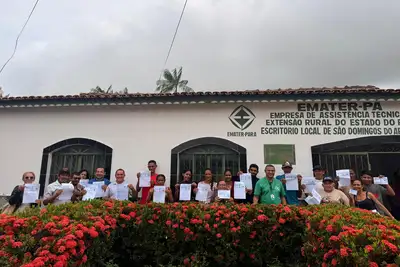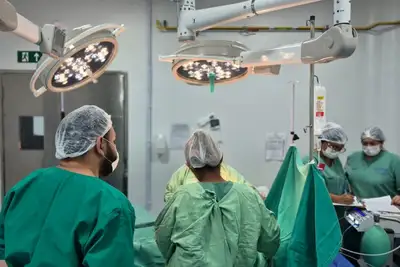Helder Barbalho advocates for an economic model of the forest and states that COP 30 is a historic turning point for the Amazon
The governor participated in the opening of the Amazon Balcony Forum in Belém and presented a vision of development that combines sustainability, innovation, and social justice
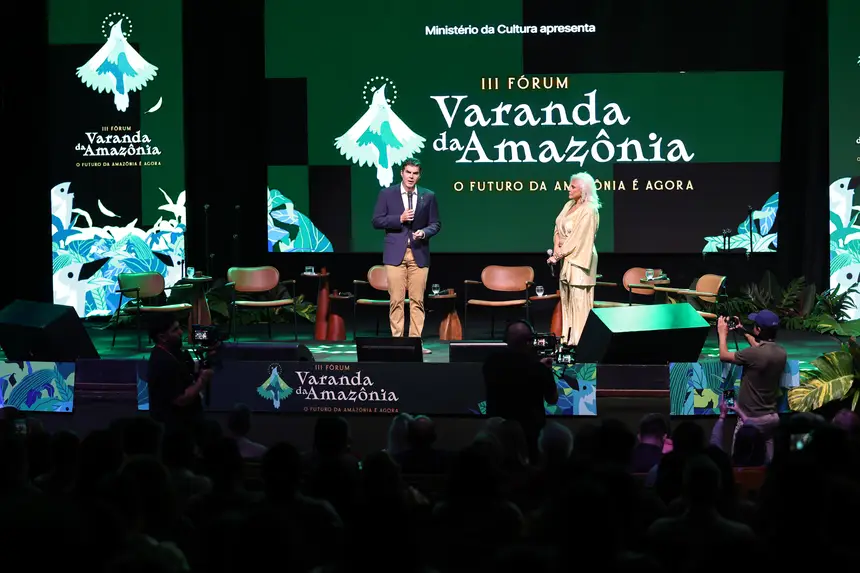
On the morning of this Tuesday (7), Governor Helder Barbalho opened the III Amazon Balcony Forum at the Maria Sylvia Nunes Theater, alongside singer Fafá de Belém, the initiative's creator. In a statement to the audience present, the governor argued that the Amazon should lead the global debate on climate and that COP 30, in November 2025, represents a historic turning point for Brazil and the world.
Helder stated that Pará arrives at this moment with concrete results, both in urban deliveries that are already transforming Belém and in the structuring of a new economy based on the living forest. He highlighted projects such as the Una Wastewater Treatment Station (ETE), delivered this month, and the Porto Futuro, which houses the Museum of the Amazons, the Caixa Cultural, and the Amazon Bioeconomy and Innovation Park — inaugurated on the afternoon of this Tuesday (7).
When mentioning the Park, the governor stated that the structure represents a global milestone in the transition to a green economy, uniting science, technology, and traditional knowledge.
“The Bioeconomy Park is the largest in the world and a legacy that Pará delivers to the Amazon and the planet. It shows that it is possible to reconcile development and preservation, creating jobs, income, and strengthening forest businesses,” he stated.
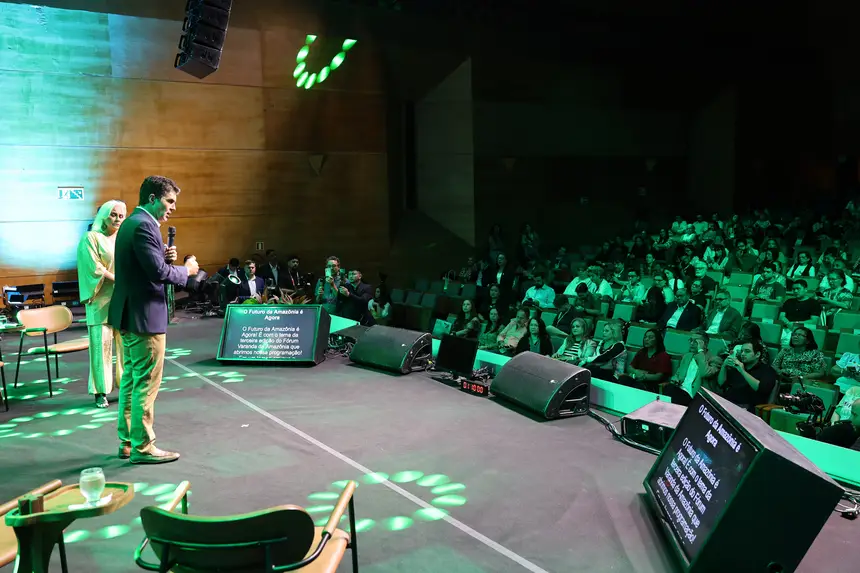
Located in Warehouses 5 and 6 of Porto Futuro, the park occupies 6,000 m² and brings together innovation laboratories, startups, research spaces, and experimental production aimed at the industrialization of products such as açaí and tucupi, with sanitary certification and export capacity.
“We are reversing the logic that standing forest is worth less than cleared forest. The living forest needs to generate value, and that is what we are doing. Transforming biodiversity into development, science into opportunity, and knowledge into the future,” the governor added.
Helder also explained that the State is structuring the carbon jurisdiction market, with direct revenue sharing between producers and communities that preserve forest areas. Public resources will be applied to reduce deforestation and mitigate emissions.
“We are not selling the forest; we are valuing the environmental service it provides. The industrial model emits carbon; ours captures it. And the world needs to pay for that,” he emphasized.
The governor also highlighted that sustainability needs to be social, warning that preservation will only be effective if it generates income and dignity for those who live from the forest. “There is no standing forest if there is hunger. Sustainability that does not consider people is an empty discourse,” he said.
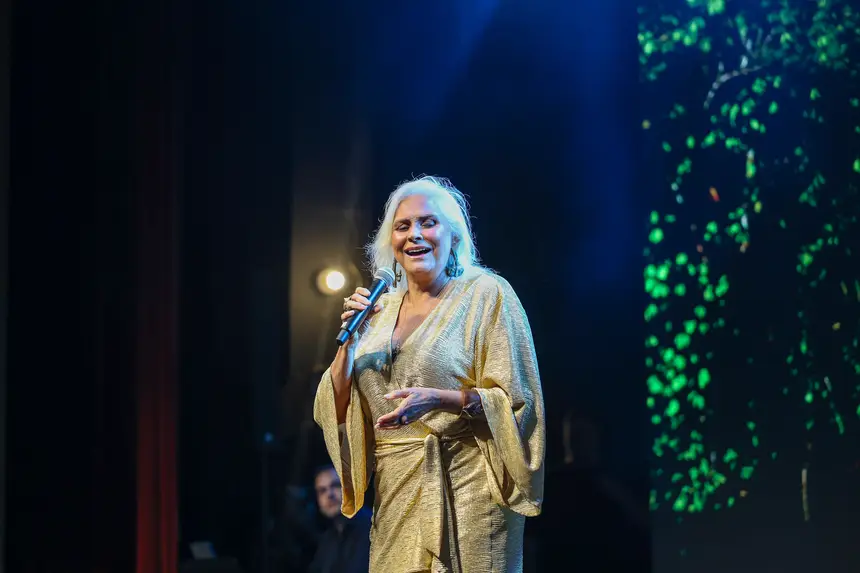
Balcony - The event's host, Fafá de Belém, recalled the 15 years of the Nazaré Balcony and highlighted the symbolism of holding the forum on the eve of COP 30, when the world turns its eyes to the Amazon.
“The Balcony was born from a look at this land and this people. Today, it is a call for Brazil and the world to listen to us. Without the Amazonians, the forest does not breathe. And without culture, faith, and belonging, there is no living Amazon,” the artist stated.
With the theme “The future of the Amazon is now,” the Amazon Balcony Forum continues until this Tuesday (8), bringing together researchers, leaders, and representatives from institutions such as IPAM, Embrapa, ICMBio, Climate Observatory, SOS Mata Atlântica, Legal Amazon Consortium, and Voice of the Oceans.



